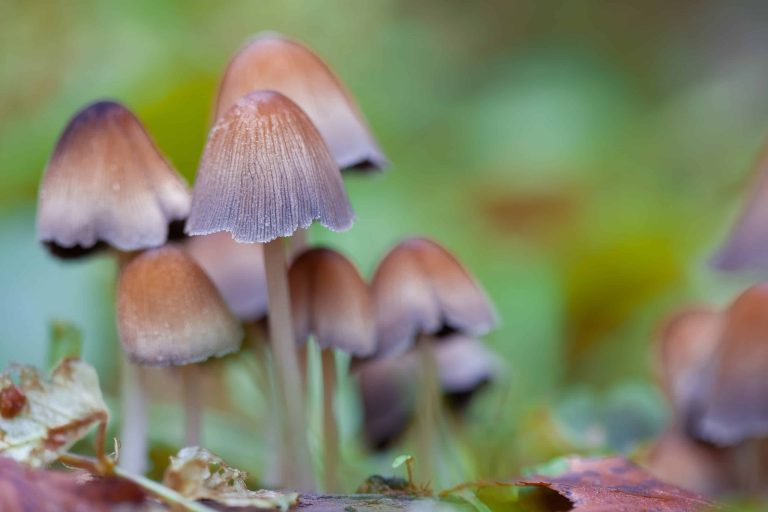Salem, a city notorious for its 17th century witch trials, is creating a new reputation for itself by ceasing a modern-day witch hunt. As of this month, Salem is ending arrests for psilocybin mushrooms, Psychedelic Spotlight reports. It is now the sixth Massachusetts city to do so, after a 9-0 city council vote supporting the measure. Psilocybin is understood to be perhaps one of the safest drugs out there. Findings published in the Journal of Psychopharmacology shared that only 0.2% of magic mushroom users have sought emergency medical care after use. For those who had a lousy experience, it was a negative psychological (a bad trip) that resolved within 24 hours. In addition, you cannot die from a psilocybin physical overdose. (Comparatively, the World Health Organization reports that 3 million deaths yearly result from the destructive use of alcohol, representing 5.3% of all deaths.)
The passage of the Salem measure comes after the FDA has classified psilocybin as a “breakthrough therapy” for depression. Salem resident and neuroscientist Miyabe Shields said, “This is a win for science and the neurodivergent community to advance life-saving research on the complex innerworkings of our brains,” Psychedelic Spotlight reports.
As too many people know (according to Columbia University, one in ten Americans have depression), the standard treatment for depression, medicines like SSRIs and SNRIs, only improve symptoms in about 20 out of 100 people, data from the National Library of Medicine shows. Psychedelic options such as psilocybin and ketamine are literal lifesavers for the many folks who do not respond to traditional pharmaceuticals. Additionally, while medicines like SSRIs take several weeks to yield results, psychedelics can reduce depression in a matter of hours. Speaking about the measure, as Psychedelic Spotlight reports, disabled Marine Corp Veteran Michael Botelho, an active organizer with both Bay Staters and New England Veterans for Plant Medicine who served in combat during the Gulf War, shares that: “Through the VA system, I was prescribed over 160 medications, including opiates, to cope with PTSD before finding psilocybin mushrooms. For the first time in nearly 25 years, I have been able to sleep, overcome addiction to opiates, and work again.” Certainly, more New Englanders experiencing depression will feel comfortable using psychedelic treatments now that the risk of arrest is off the table.
Additionally, research shows that psilocybin has an influential role in the harm reduction movement. A study of 44,000 Americans in the U.S. Journal of Psychopharmacology discovered that psilocybin is associated with a 40% reduced risk of suffering opioid addiction. Data from the CDC shows that opioids were involved in 68,630 overdose deaths in 2020 (74.8% of all drug overdose deaths). This powerful property of psilocybin gained the Salem measure a surprising supporter. You don’t have to turn off N.W.A.’s “Fuck The Police,” but know that Lucas Miller, the Chief of Police for the City, endorsed the measure before the city’s final vote. “The indications that psilocybin could be helpful for opiate addiction is something that should not be ignored. We lose about 20 people in Salem a year to opioid overdose,” Miller says, Psychedelic Spotlight reports.
Salem may be the sixth Massachusetts city to end arrests for psilocybin mushrooms, but it won’t be the last.
The grassroots group who deserves credit for successfully implementing the campaign, which was years in the making, Bay Staters for Natural Medicine, has partnered with Somerville, Cambridge, Northampton, Easthampton, and Amherst to pass similar measures. In addition, the organization is currently pushing state legislation, which includes An Act Relative to Plant Medicine, which would legalize home growing and sharing of psilocybin and related plants.
